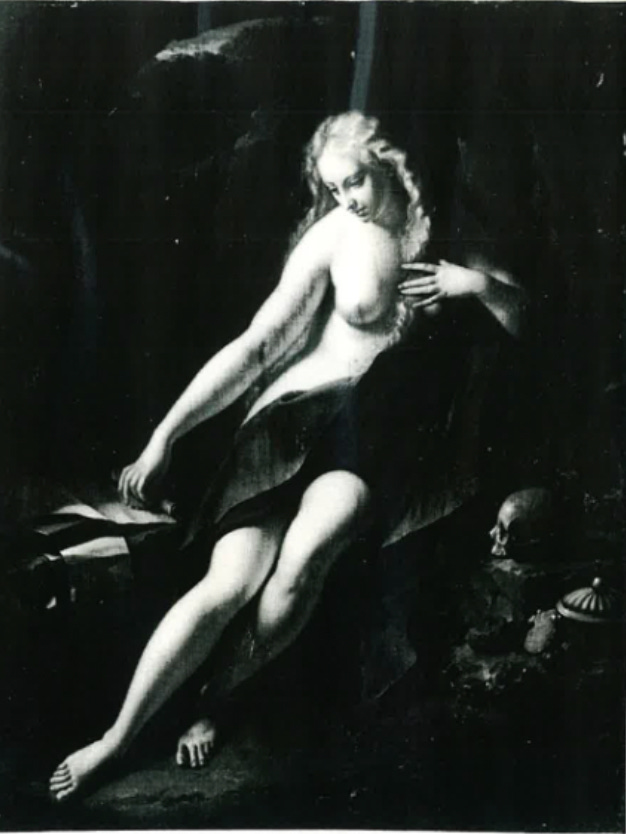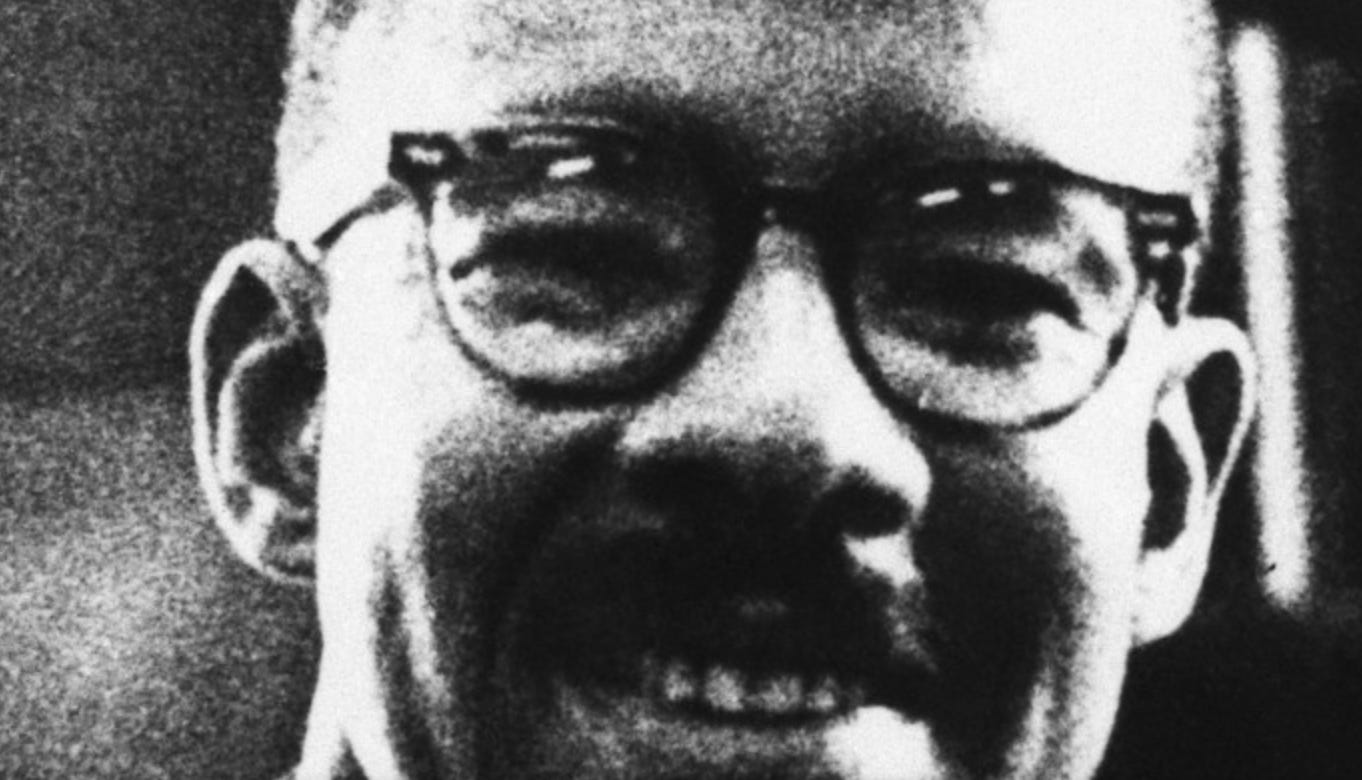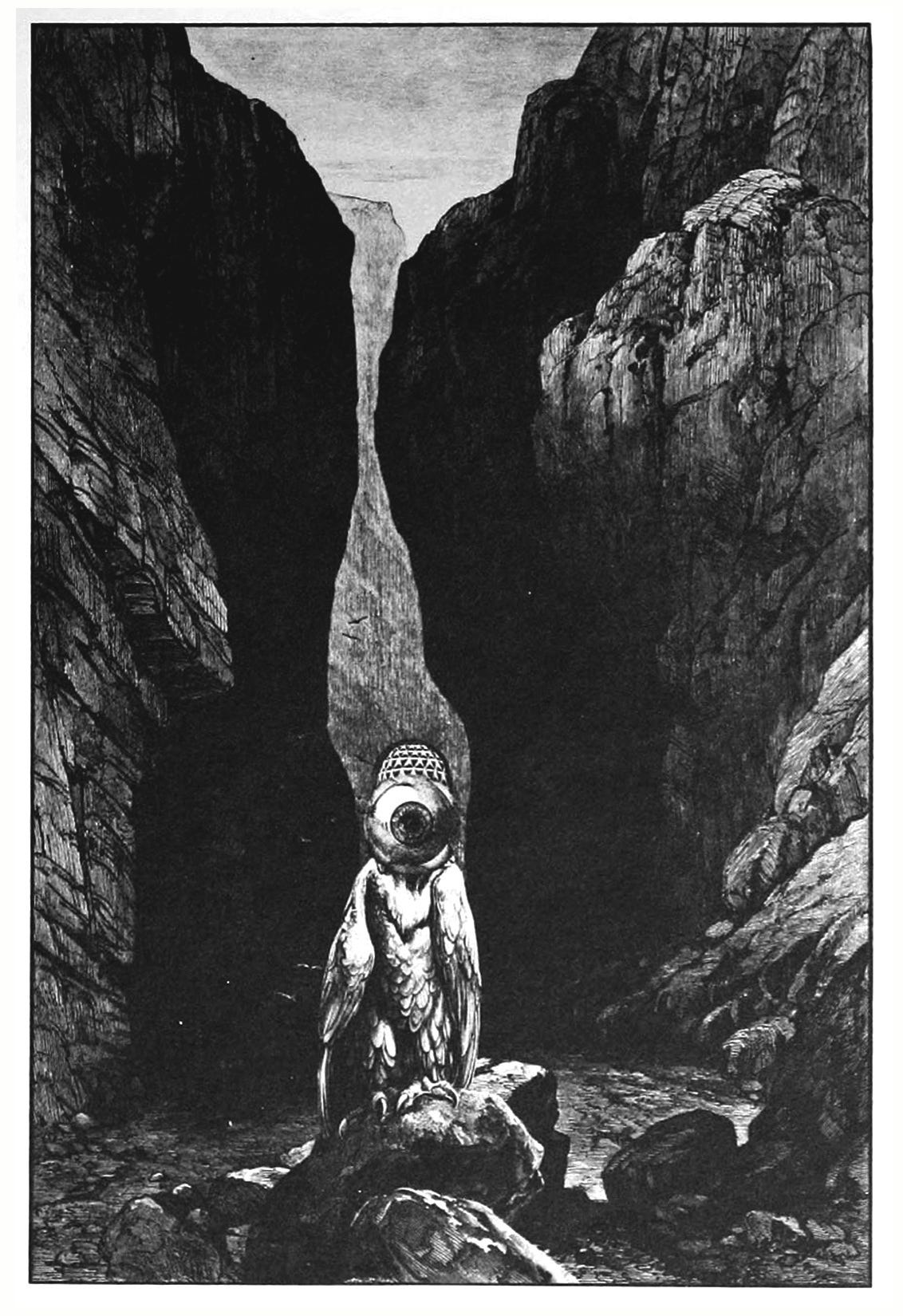When Lighting Strikes Itself
“An artist must be free to choose what he does, certainly, but he must also never be afraid to do what he might choose”― Langston Hughes
At the peremptory request and desire of a large majority of the citizens of these United States, I, Joshua Norton, formerly of Algoa Bay, Cape of Good Hope, and now for the last 9 years and 10 months past of S. F., Cal., declare and proclaim myself Emperor of these U. S.; and in virtue of the authority thereby in me vested, do hereby order and direct the representatives of the different States of the Union to assemble in Musical Hall, of this city, on the 1st day of Feb. next, then and there to make such alterations in the existing laws of the Union as may ameliorate the evils under which the country is laboring, and thereby cause confidence to exist, both at home and abroad, in our stability and integrity.
. - Emperor Norton, February 1, 1859
Today is the birthday of one of the greatest singers of all popular music, Don Everly. The above cover is for the solo record he made after breaking up with his brother Phil after The Everly Brothers had made the Roots record, produced by Lenny Waronker, that is considered to be on the forefront of what we now call Country Rock (and Americana). Throughout Don’s life he was “on the forefront” starting when his brother and he combined roots and country music with beautiful harmonies and a pop slickness to become one of the biggest artists in the world with hit after hit after hit.
I have talked about the solo record displayed above before…a record I am listening to as I write these words…produced by Lou Adler for his Olé imprint (which also released the great Barry McGuire and the Doctor LP) featuring Ry Cooder, Chris Ethridge & Sneaky Pete from The Flying Burrito Brothers, Jim Keltner and Spooner Oldham. But mostly, it featured songs written by Don Everly, and amazing vocal performances by Don Everly. I stumbled upon the record at a used shop in Denver, almost passing it up because of the dubious cover. But I took a chance, and ended up playing it over and over again for years. It became part of the soundtrack of raising my babies early on.
From the opening track cover of Son of Pioneer Bob Nolan’s Tumbling Tumbleweeds, to the slow yarn of love for Omaha, to the later jam My Baby…the record is an unheralded masterpiece. I reached out to Don to try and interview him about the record…thought it would be the anchor to me reissuing the beauty on vinyl. But I never got passed his manager (who actually said she would run it by Don, but never got back to me)…and probably Don’s lack of ambition to do anything at that stage in his life with not a hefty chunk of change attached. And in all honesty, he had right to do anything he would want to do. He was Don Everly. That being said, when he passed away in 2021, I was bummed I could not pull it off.
Happy 86th birthday Don Everly.
My friend Greg sent me this beautiful tribute to Tom Verlaine by Patti Smith, who was with him when he passed. Of all that has been written about him these past few days, this one hit deepest.
UPDATE: Another great article about Verlaine and Television
Emily Disregards the Most Compelling Part of the Brontë Sisterhood
The Brontë sisters story is such an interesting one…one that always seems to change with time. I initially learned of three sisters who created worlds in their house…collaborated…even shot guns (yes, I was taught that) randomly through their window. Their story ended up producing incredible literature. The release of Emily, which I have not yet seen, has given credence for more scholarly research and speculation. This article, which is the former, is a greatly additive to the overall tale.
Gregory Peck’s ‘To Kill a Mockingbird’ Script to Be Sold at Auction
Every child should read the masterpiece that is To Kill A Mockingbird, and after reading it…see the film that stars Gregory Peck.
Christie’s Ordered to Return Painting That Was Confiscated During World War II to Proust Heirs
“The painting at the center of the dispute, The Penitent Magdalene, was produced in 1707 by the Dutch artist Adriaen Van Der Werff. It was part of a collection owned by Lionel Hauser, a cousin of Marcel Proust who was known to have helped aided the author with his finances until 1920.”
“Famed EBONY and JET photographer Moneta Sleet, Jr. captured some of the most pivotal moments in history. He took the Pulitzer Prize-winning photo of Coretta Scott King at her husband Martin Luther King, Jr.’s funeral with their youngest daughter Bernice. At Mr. Sleet’s own service in 1996, Johnson Publishing Company founder John H. Johnson called the photo ‘perhaps the greatest photograph ever made of the grief of a widow.’ With that photo, Sleet, in 1969, became the first Black man, first Black person in journalism, and first and still the only person working for a Black publication to win the Pulitzer Prize.”
We all strive for powerful record collections. To what ends? “About half of the discs in the Dijkstra collection document the work of essential twentieth-century jazz artists, creating a core jazz library that according to Keller “complements and dramatically enriches Stanford’s existing holdings, including the Monterey Jazz Festival Collection and the Riverwalk Jazz Collection.” The unparalleled corpus of Jamaican popular music, which includes representation of instrumentalists, vocalists, and DJs, establishes a new research strength for Stanford.”
The Seekonk Woods
BY GALWAY KINNELL
When first I walked here I hobbled
along ties set too close together
for a boy to step easily on each.
I thought my stride one day
would reach every other and from then on
I would walk in time with the way
toward that Lobachevskian haze
up ahead where the two rails meet.
Here we put down our pennies, dark,
on shined steel; they trembled, fell still;
then the locomotive out of Attleboro
rattling its berserk wheel-rods into perfect circles,
brightened them into wafers, the way a fork
mashes into view the inner light of a carrot
in a stew. In this late March sunshine,
crossing the trees at the angle of a bow
when it effleurages out of the chanterelle
the C three octaves above middle C,
the vertical birthwood remembers
its ascent lines, shrunken by half, exactly
back down, each tree on its fallen summer.
Back then, these rocks often asked
blood offerings—but this one, once, asked bone,
the time Billy Wallace tripped and broke out
his front teeth. Fitted with gold replicas,
he asked, speaking more brightly, “What good
are golden teeth, given what we’ve got
to eat?” Nebuchadnezzar
spent seven years down on all fours
eating vetch and alfalfa, ruminating
the mouth-feel of “bloom” and “wither,”
until he was whole. If you
held a grass blade between both thumbs
and blew hard you could blurt a shriek
out of it—like that beseeching leaves oaks
didn’t drop last winter just now scratch
on a breeze. Maybe Billy, lured
by bones’ memory, comes back
sometimes, too, to the Seekonk Woods,
to stand in the past and just look at it.
Here he might kneel, studying this clump of grass,
as a god might inspect the strands of a human sneeze
that percusses through. Or he might stray
into the now untrafficked whistling-lanes
of the mourning doves, who used to call and call
into the future, and give a start, as though,
this very minute, by awful coincidence,
they reach it. And at last traipse off
down the tracks, with arrhythmic gait,
as wanderers must do once they realize:
the over-the-unknown route, too, ends up
where time wants. On this spot
I skinned the muskrat. The musk breezed away.
I buried the rat. Of the fur
I made a hat, which as soon as put on
began to rot off, causing my scalp to crawl.
In circles, of course, keeping to the skull.
One day could this scrap of damp skin
crawl all the way off, and the whole organism
follow? To do what? Effuse with musk,
or rot with rat? When, a quarter-
turn after the sun, the half-moon,
too, goes down and we find ourselves
in the night's night, then somewhere
hereabouts in the dark must be death.
Knowledge of it beforehand is surely among
existence’s most spectacular feats—and yet right here,
on this ordinary afternoon, in these woods,
with a name meaning “black goose” in Wampanoag,
or in modern Seekonkese, “slob blowing fat nose,”
this unlikely event happens—a creature
walking the tracks knows it will come.
Then too long to touch every tie, his stride
is now just too short to reach every other,
and so he is to be still the wanderer, the hirtle
of too much replaced by the common limp
of too little. But he almost got there.
Almost stepped in consonance with the liturgical,
sleeping gods’ snores you can hear humming up
from former times inside the ties. He almost
set foot in that border zone where what follows
blows back, shimmering everything, making
walking like sleepwalking, railroad tracks
a country lane on a spring morning,
on which a man, limping but blissful,
makes his way homeward, his lips, suppled
by kissing to bunch up like that, blowing
these short strands of hollowed-out air,
haunted by future, into a tune on the tracks.
I think I’m about to be shocked awake.
As I was in childhood, when I battered myself
back to my senses against a closed door,
or woke up hanging out of an upstairs window.
Somnambulism was my attempt to slip
under cover of nightmare across no father’s land
and embrace a phantasm. If only
I had found a way to enter his hard time
served at labor by day, by night in solitary,
and put my arms around him in reality,
I might not now be remaking him
in memory still; anti-alchemizing bass kettle’s
golden reverberations back down
to hair, flesh, blood, bone, the base metals.
I want to crawl face down in the fields
and graze on the wild strawberries, my clothes
stained pink, even for seven years
if I must, if they exist. I want to lie out
on my back under the thousand stars and think
my way up among them, through them,
and a little distance past them, and attain
a moment of absolute ignorance,
if I can, if human mentality lets us.
I have always intended to live forever;
but not until now, to live now. The moment
I have done one or the other, I here swear,
no one will have to drag me , I’ll come
but never will I agree to burn my words.
The poplar logs creosoted asleep under the tracks
have stopped snoring. Maybe they’ve
already waked up. The bow saws at G.
An oak leaf rattles on its tree. The rails
may never meet, O fellow Euclideans,
for you, for me. So what if we groan.
That’s our noise. Laughter is our stuttering
in a language we can’t speak yet. Behind,
the world made of wishes goes dark. Ahead,
if not now then never, shines what is.












